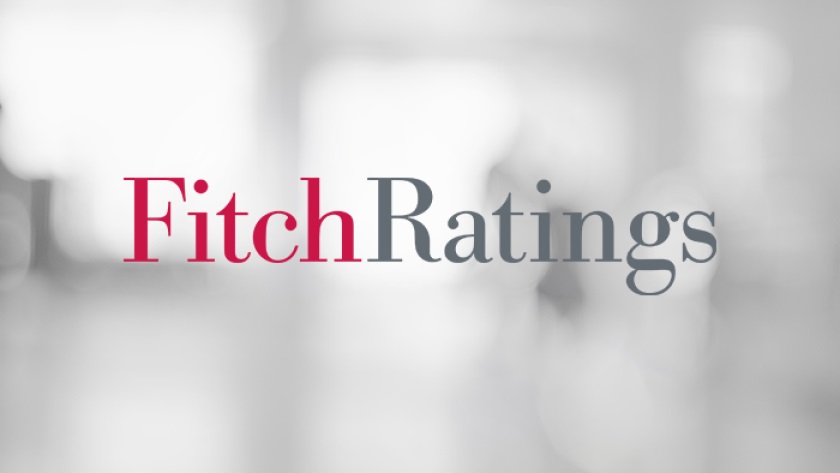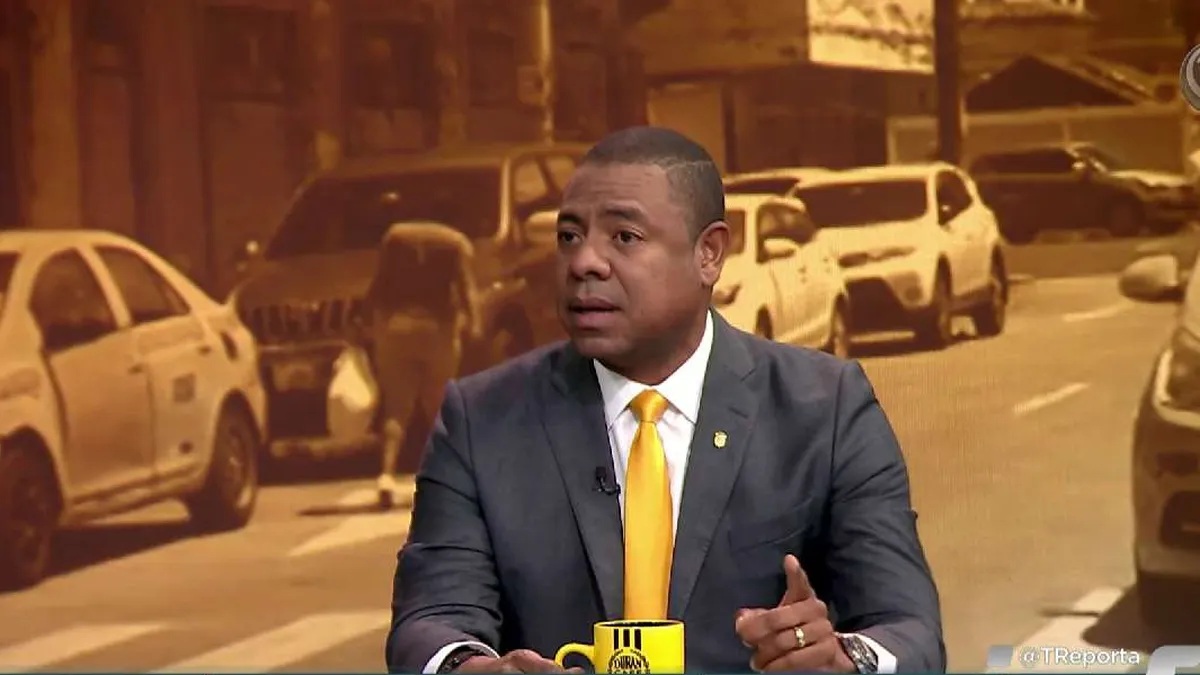Fitch Downgrade of Panama Investment Grade

Panamanian banks will have to deal with a scenario of higher interest rates, more expensive external and internal financing and be more prudent; economists say warning about the effects of the loss of Panama’s investment grade. The dean of the School of Economics at the state University of Panama, Rolando Gordón, said that in this past five-year period of the Cortizo Government “public finances have been very poorly managed,” with an increase in debt. Waste, the mining crisis, and water shortages affected Fitch’s decision to drop Panama’s investment grade 10 key points. The authorities “did not dare to make the necessary reforms” in the context of low tax collection, unemployment “that remains high” and a crisis in social security, said the dean. “Now we need to see what the other rating agencies say,” S&P and Moody’s, which also granted investment grade to Panama in May and June 2010, respectively, although “they will most likely follow” Fitch, Gordon explained. Here is what the smart money investors are doing in Panama. It is not the time to bail. It is time to buy low and later sell high. Investing in Panama for the long term is where it’s at, because we all know that Panama is strong, has the canal and the world renowned banking system.
Panama lost its investment grade on Thursday, March 28th after being downgraded by the rating agency Fitch by placing the debt at BB+. The government that comes out of the polls on May 5th “is going to have a lot of economic difficulty to deal with and has to get to work quickly before losing the public’s trust,” said Gordon, who agrees with other economists that among the effects of the loss of investment grade are the increase in the cost of money for the country and a fall in foreign investment. Panamanian banks will surely “be very cautious because (interest rates) are already high. And Panama banks are in great shape so they do not want to suddenly kill the goose that lays the golden eggs” with more increases that will affect credit, he added. Economist Felipe Chapman explained that the next government will have to make difficult and unpopular decisions very early to amend the path. “The country urgently needs austerity decisions, great fiscal discipline, which means being much more efficient in tax collection,” as well as reviewing subsidies and spending, he concluded.
Fitch pointed out in its report that it “expects that the majority of the probable winners” of the general elections on May 5th “will make some efforts to address” the fiscal challenges, although it clarifies that an expected slowdown in growth, a tense social context and the fragmentation of parties can limit “the margin for assertive action.” The decision by the Fitch rating agency to downgrade Panama’s debt to BB+, which means the loss of investment grade, did not surprise the market, nor did it surprise the economists who had been warning of this danger and who are again asking, this time to the Government that will take office next July, will and commitment to fiscal discipline. In a recent report, Fitch downgraded Panama’s rating to BB+ from BBB- and gave it a stable outlook, the latter given the country’s “solid medium-term growth prospects” focused “on logistics activities and Panama’s strategic asset.” the interoceanic Canal.
Just as Fitch was the first agency to grant investment grade to Panama, which occurred in March 2010 thanks to the positive trend in credit metrics since 2005, as it argued then, it has now also been the first to remove it, citing the “fiscal and governance challenges” aggravated by the social context that led to the closure of a large copper mine. Panamanian economist and Professor Felipe Argote assured everyone that Fitch’s decision “is no surprise,” because a few weeks ago the Government created some very large Government bonds. “What that tells you is that the market has already decided that Panama does not have investment grade. What the rating agency is doing is simply confirming what the market has already decided,” added the expert economist and businessman.





